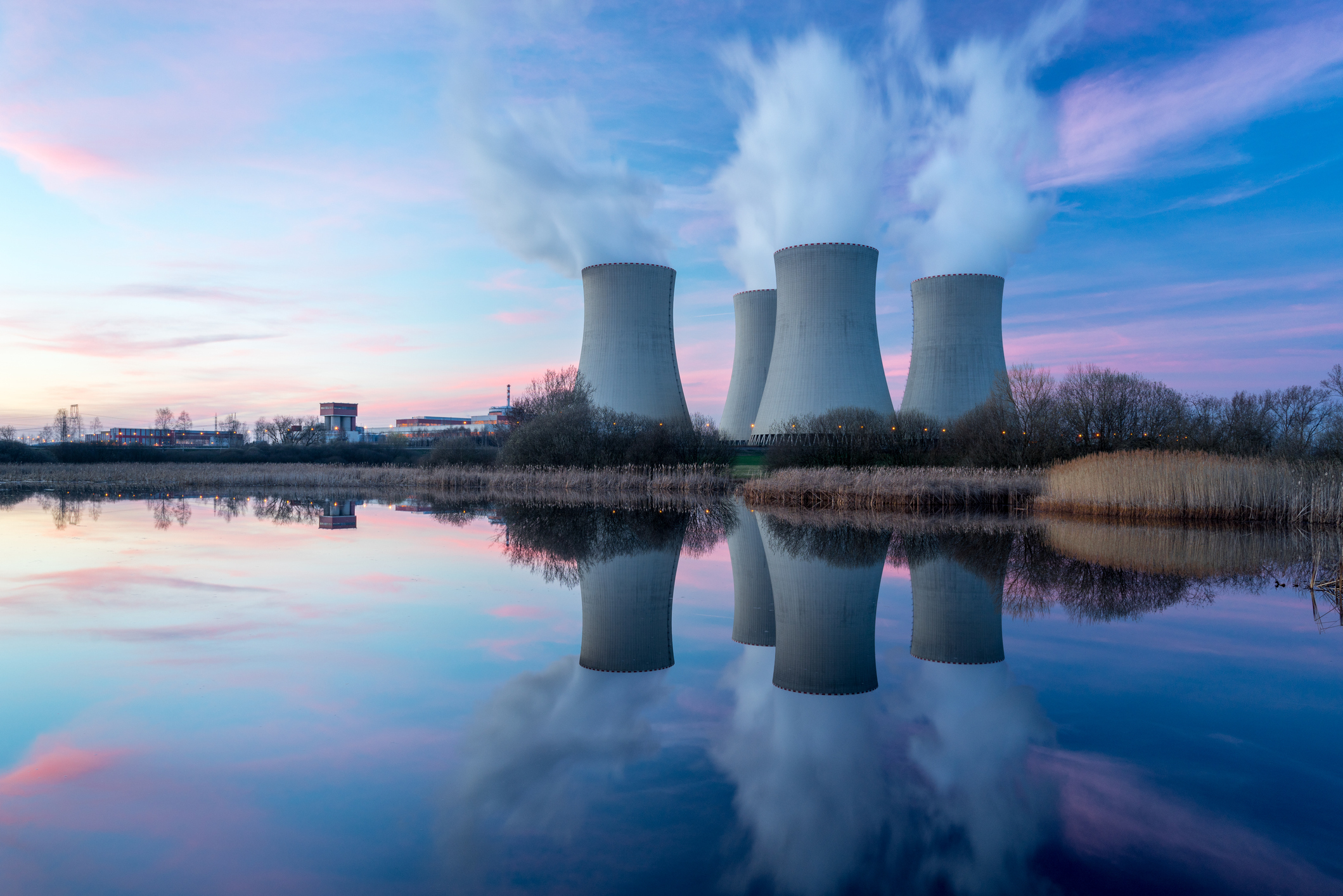
States have grappled with addressing climate change and transitioning toward sustainable energy sources. A critical component of these efforts lies in implementing Renewable Energy Standards, or Renewable Portfolio Standards, which aim to diversify energy resources by regulating the proportion of electricity derived from renewable and clean energy sources. According to NCSL, renewable energy policies have fueled the nation’s $269 billion market for wind, solar, and other renewable energy sources as of 2022. These policies serve as crucial tools for states aiming to diversify their energy sources, spur economic growth, and mitigate emissions. Notably, approximately 50% of the expansion in renewable energy generation across the United States since the early 2000s can be attributed to state mandates for renewable energy.
States like New Jersey, Pennsylvania, and Vermont are taking proactive measures to strengthen and expand their renewable energy standards. These legislative endeavors underscore a shared commitment to reducing greenhouse gas emissions, promoting renewable energy generation, and fostering a more sustainable future.
New Jersey Bill Requiring All Electric Power to be from Zero Carbon Sources by 2050
In early January 2024, lawmakers in New Jersey introduced legislation requiring all electric power sold in the Garden State by each electric power supplier and basic generation service provider to be from zero-carbon sources by the year 2050. Specifically, the legislation would require New Jersey’s Board of Public Utilities to adopt an emissions portfolio standard, in consultation with the DEP, to eliminate carbon emissions from the power generation sector in the next 26 years.
The carbon emissions portfolio standard outlined in the legislation includes several key components:
- A multi-year plan for gradually reducing emissions to shift towards zero carbon emissions from power sources sold to consumers in the state by electric power suppliers and basic generation service providers.
- Measures to address potential leakage or the transfer of customers to providers meeting the standard, ensuring universal compliance.
- An exception for basic generation service provided under contracts established before the adoption of the regulations.
- The authorization for additional regulations, aligned with existing authority from the board and the Department of Environmental Protection (DEP), as needed to implement the legislation.
Pennsylvania Bill Would Amend the Alternative Energy Portfolio Standards Act (AEPS)
In March 2023, Pennsylvania lawmakers introduced Senate Bill 230, which would amend the Pennsylvania Alternative Energy Portfolio Standards Act (AEPS) to require a certain percentage of electricity sales from alternative energy sources. Specifically, the legislation seeks to increase the Tier I requirement under the AEPS from 8% to 18% by 2027. Additionally, the bill includes provisions for procuring solar renewable energy credits (SRECs) and solar alternative compliance payments (SACPs) to meet the revised AEPS targets.
Vermont Lawmakers Advance Bill Raising Renewable Energy Standard
In February 2024, Vermont lawmakers took the first steps in advancing H. 289. This bill proposes to amend Vermont’s renewable energy standard (RES) by increasing the percentage of retail electricity sales from renewable sources. Specifically, the bill seeks to raise the RES from 75% to 80% by 2030. Presently, utilities in Vermont must source 75% of their energy from renewable sources by 2032. The bill aims to promote renewable energy generation and reduce reliance on fossil fuels to combat climate change and achieve energy sustainability.
From The Experts
Expert insights from the authors at Duane Morris Government Strategies.
Ryan Stevens
Collaborative efforts between policymakers, industries, and communities will be essential to navigate the complexities of addressing diversified energy portfolios and striving towards a more sustainable energy landscape.
Latest News
Photo credit: iStock.com/vlastas As states across the country wrestle with energy challenges and climate goals, lawmakers are increasingly turning to nuclear energy as a viable solution. Nuclear power, known for its reliability and zero-emission benefits, [...]
Photo credit: iStock.com/NongAsimo Catalytic converters are a very valuable car part located beneath most motor vehicles. The devices convert harmful pollutants in internal combustion engine (ICE) exhaust gases into less toxic ones. According to David [...]
Photo credit: iStock.com/Fahroni In most of the United States, you can pull into a gas station and pump your own gas. However, according to the National Association of Convenience Stores, self-serve gas stations did not [...]
Photo credit: iStock.com/audioundwerbung On October 13, 2023, President Biden and Energy Secretary Jennifer Granholm announced the seven winners of the $7 billion hydrogen hub program during an event at the Port of Philadelphia. The announcement starts [...]






Stay In Touch